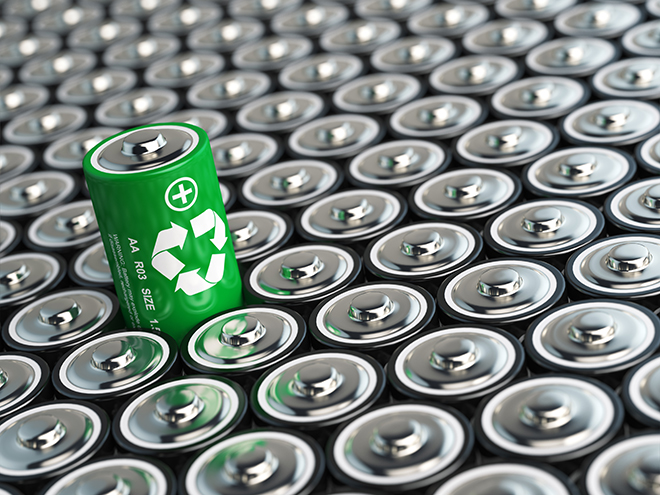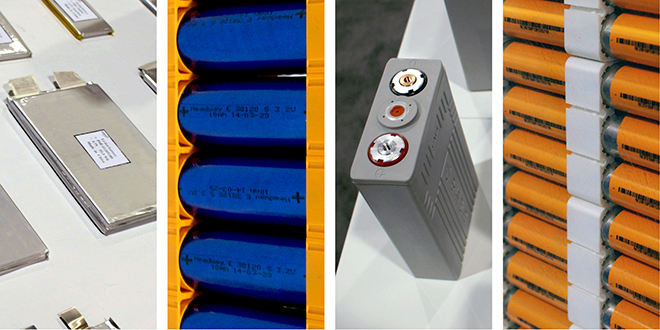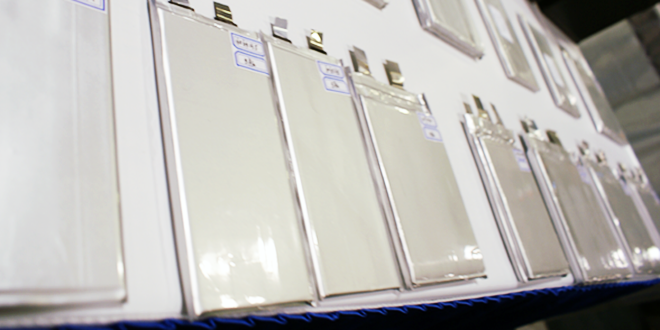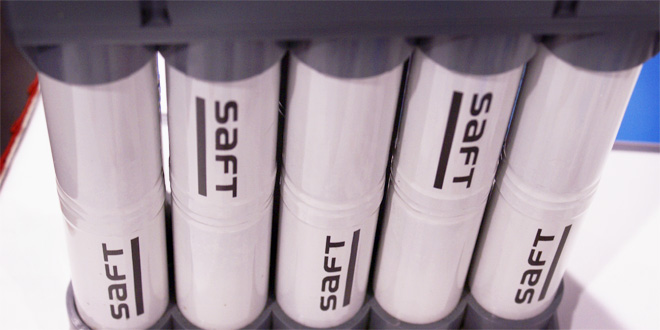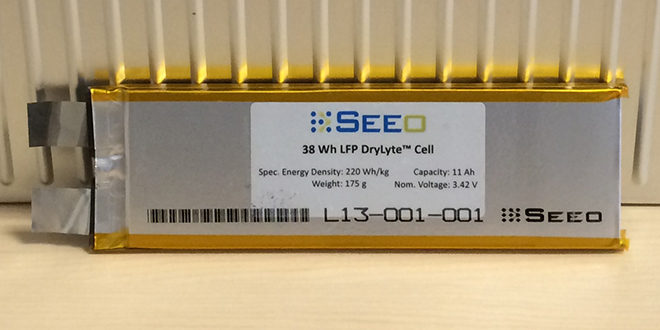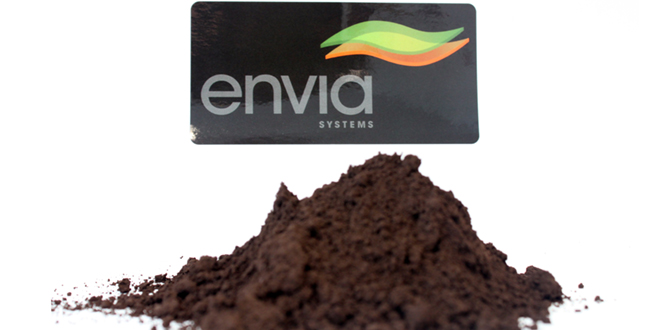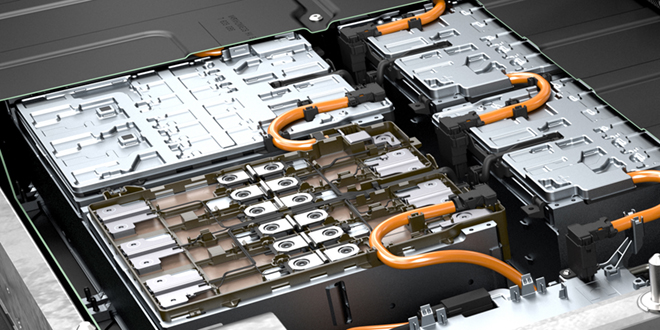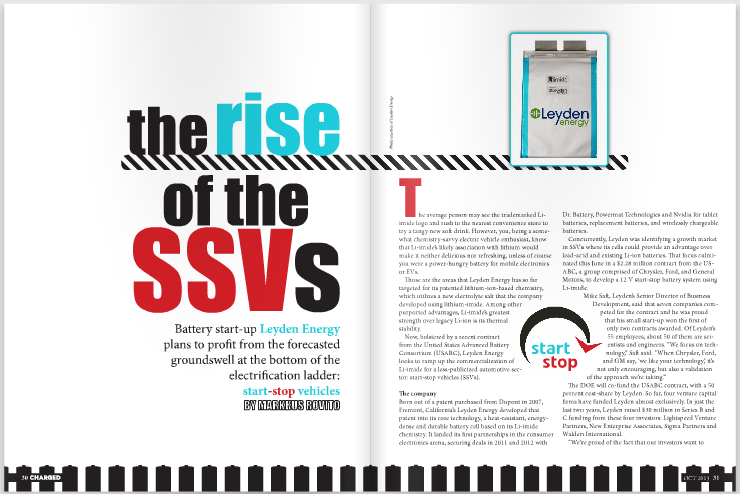The use of recycled cathode material to make new batteries will be a key part of the circular battery supply chain, but is recycled material truly equivalent to the freshly-mined stuff? A new study indicates that it is just as good, if not better. The new paper, “Recycled cathode materials enabled superior performance for lithium-ion… Read more »
Search Results Found For: "usabc"
Zenlabs says its silicon anode cells are ready for commercialization after 1,000-cycle testing
Idaho National Laboratory (INL) has successfully tested over 1,000 charge-discharge cycles using high-energy silicon anode pouch cells made by Zenlabs Energy. Zenlabs received a $4.8-million, 50% cost-share development contract from the United States Advanced Battery Consortium (USABC) to develop low-cost, fast-charge EV batteries. As a part of the USABC program, Zenlabs delivered its 12 Ah… Read more »
SiNode Systems wins $4-million contract to develop silicon-graphene anode materials
The United States Advanced Battery Consortium (USABC) has awarded a $4-million contract to SiNode Systems for the development of advanced anode materials for automotive lithium-ion batteries. The 30-month program will focus on the development of silicon-graphene anode material for vehicle applications, and the development and scale-up of pouch cells. SiNode’s technology uses a composite of… Read more »
NOHMs wins $1.64-million contract to develop ionic liquid-based electrolytes
The United States Advanced Battery Consortium has awarded a $1.64-million contract to Rochester-based NOHMs (Nano Organic Hybrid Materials) Technologies for the development of electrolytes for lithium-ion battery applications. The 18-month program will focus on ionic liquid-based electrolyte and co-solvent combinations that exhibit high ionic conductivity and stability for application in 4.6-5.0-volt lithium-ion batteries. Founded in… Read more »
Saft wins $6-million grant for stop-start battery development
Saft America has received a $6.13-million award from the United States Advanced Battery Consortium (USABC), in collaboration with the DOE, to develop stop-start battery technology. The 30-month contract, which includes a 50% cost-share by Saft, will focus on the development and delivery of lithium-ion 12-volt modules for stop-start battery applications. Saft has previously worked with… Read more »
Advanced Battery Consortium awards funds to Seeo to test solid polymer battery modules
The US Advanced Battery Consortium (USABC) has awarded a $299,000 contract to Seeo Inc. of Hayward, California. The nine-month technology assessment program will focus on testing of Seeo’s elevated-operating-temperature solid polymer battery modules. Under the contract, Seeo will deliver its DryLyte battery modules to USABC for testing and third-party validation. These modules are based on… Read more »
Envia wins $7.7 million contract to develop advanced cathode and anode materials
The US Advanced Battery Consortium (USABC), a collaboration among the Big Three US automakers, has awarded a $7.7-million battery technology development contract to Envia Systems of Newark, California. The competitively bid contract, which is co-funded by the DOE and includes a 50 percent Envia Systems cost-share, is for a 36-month program that will focus on… Read more »
BMW and Samsung expand supply agreement for battery cells
BMW and Samsung SDI plan to expand their supply relationship for EV battery cells. The two companies have signed a memorandum of understanding that includes an increase in quantities delivered as well as further technological development of battery cells. BMW produces high-voltage batteries for the i3, i8 and other future hybrid vehicles at its plant… Read more »
Leyden Energy’s Li-imide electrolyte and the rise of start-stop vehicles
Battery start-up Leyden Energy plans to profit from the forecasted groundswell at the bottom of the electrification ladder: start-stop vehicles The average person may see the trademarked Li-imide logo and rush to the nearest convenience store to try a tangy new soft drink. However, you, being a somewhat chemistry-savvy electric vehicle enthusiast, know that Li-imide’s likely… Read more »




